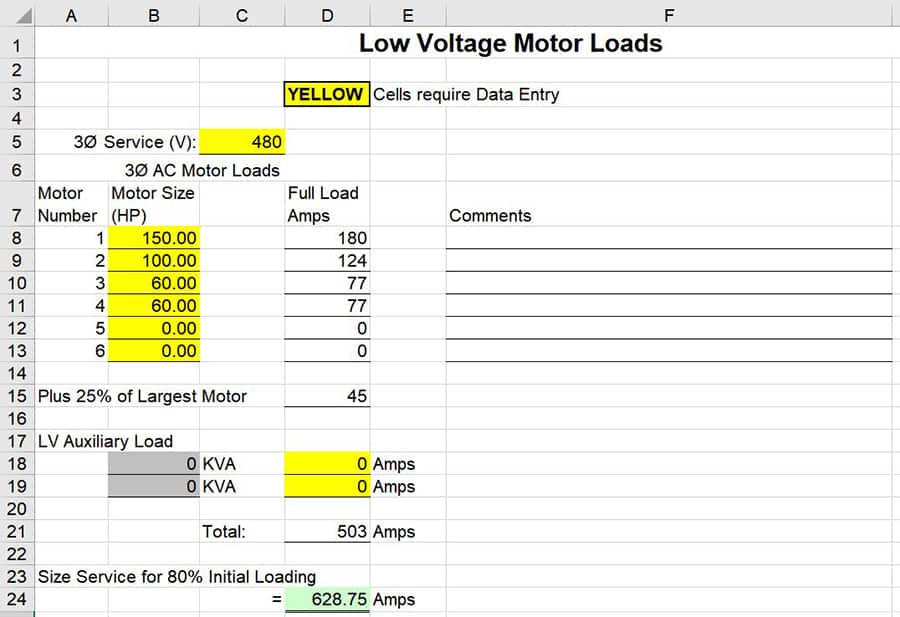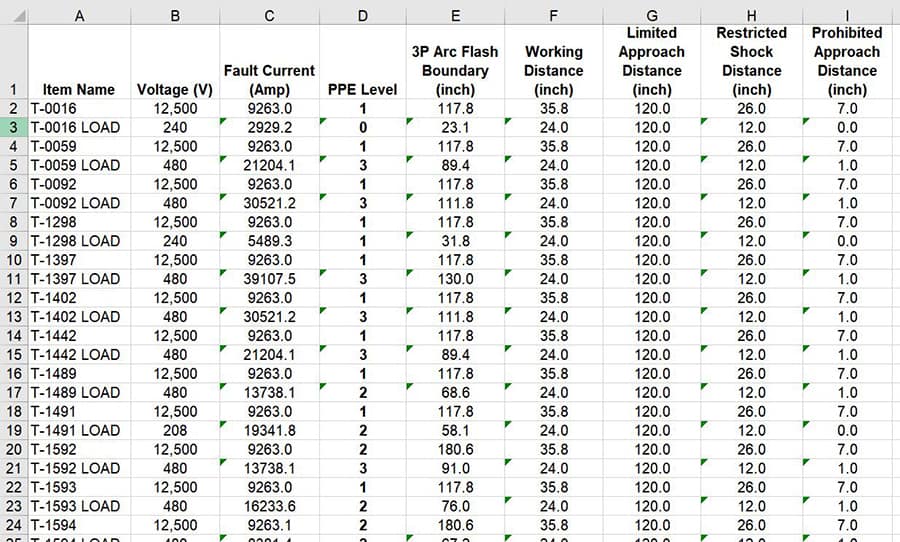Do engineers use Excel? Yes! Engineers deal with tons of data and equations, and Excel is the tool for managing and crunching those numbers.
Honestly, I find Excel to be a top-notch tool, often outshining even some pricey software alternatives. Curious why? Let’s dive into 5 reasons why engineers like me just can’t get enough of Excel.
#1 Excel feels like home with its familiar interface and commands
Launched by Microsoft in 1985, Excel has become a household name. I remember being a 90s kid, spending countless hours playing with Excel, crafting tables, whipping up graphs, and doing all sorts of wicked calculations. It was the perfect playground to explore and learn about computers.
It didn’t hurt that Excel was installed on pretty much every computer I bumped into. Then, during high school, my math and science teachers urged us to use Excel. Naturally, I went above and beyond, automating tedious calculations. It felt like I’d unlocked a secret cheat code that made my school work a breeze.
And the cherry on top? Excel hasn’t changed much over the years. Its core functionality and user interface have remained reassuringly consistent.
#2 Excel is a no-brainer to use and super intuitive
The user-friendly interface is a godsend, especially if you grew up using the program. And that’s crucial because, as a busy engineer, it’s one less thing to worry about.
What’s more, learning new functions is a piece of cake. In just one weekend, you can master any of these Excel features:
- Add-ins
- Advanced charts
- Data lookup from tables with functions like VLOOKUP
- Creating user-defined functions
- Summarizing, sorting, and reorganizing data with pivot tables
- Filtering and sorting data
In a nutshell, Excel is super easy to use but can get as intricate as you want.
#3 Excel’s got your back with its incredible flexibility

There’s so much you can do with Excel. No wonder many SaaS companies are basically glorified Excel spreadsheets. It all comes down to combining and processing a series of interrelated equations.
This flexibility is why engineers from all walks of life adore Excel. Here’s how I make use of Excel in my engineering work:
Computations
For numerous basic engineering calculations, I assemble equations in spreadsheets. Sure, the interface isn’t pretty, but it gets the job done.
I’ve put together spreadsheets for electric load calculations and even auto-sizing breakers and wire sizes for low-voltage panels. For more complex calculations, though, I rely on specialized software.

Important Note: Never blindly trust your Excel calculations—or any software, for that matter.
I always double-check my outputs, asking myself if the results make sense. Occasionally, I’ll perform manual calculations on random outputs to catch any errors, like an accidental change to an Excel equation.
Database
Excel offers a basic database, which has been fantastic in my experience. The trick, though, is to stick to small datasets. When your workbook gets too big, Excel tends to slow down, and documentation can suffer.
For large datasets, it’s best to use more robust software.
With Excel, I neatly organize data like:
- Equipment ratings
- Personal notes on equipment
- Aggregated equipment performance data
I also frequently get Excel datasets from vendors and customers. I then spruce up the data to extract vital information—a common practice, especially in traditional engineering fields.
Visual Basic for Applications (VBA) editor
Ready to become an Excel wizard? VBA (Visual Basic for Applications) is your secret weapon. It’s a straightforward programming language that makes Excel a powerhouse for engineering tasks without sacrificing snazzy visuals.
Picture this: I coded a program to examine high voltage equipment test data. It sifted through thousands of lines and pinpointed problems in a flash. Talk about a game changer that made my life a breeze!
That’s why I’m convinced colleges should swap out MATLAB for Excel and VBA, or at least teach them side by side. Excel offers practical, real-world benefits that MATLAB just can’t match. It’s high time we rethink engineering education.
Creating simulations
Excel is a master at crafting incredible simulations within spreadsheets. Take circuit design, for example. Whip up a list of formulas and presto! You’re calculating device ratings for capacitors, inductors, resistors, and power.
Tweak the variables to see how your device ratings shift, or add new design parameters to improve your results. That’s why I reckon Excel beats out most of those pricey software tools.
#4 Excel’s free large online community
Got a question about Excel? The massive online community has your back. You’ll find answers to practically everything, and if one explanation doesn’t click, there are ten more a mouse-click away. This goldmine of support is simply unbeatable.
I’ve never encountered an Excel problem that wasn’t tackled online, and folks are always sharing their custom spreadsheets. The online community does the grunt work for you!
Navigating the world of paid software
Sure, I know Excel isn’t perfect. I’ve even heard whispers that you’re not a top-notch engineer if you rely on it for complex problem-solving. But let’s face it, not all fancy, expensive software is created equal. I’ve used my fair share, and they all have flaws. Some even botch calculations or impose parameter limitations.
Worse yet, many pricey software options lack online forums, and developers can be unhelpful. Talk about a recipe for head-banging frustration!
Remember, engineering software is essentially a collection of equations and algorithms. So why not create precisely what you need when off-the-shelf programs don’t make the cut?
Customized Excel spreadsheets let you:
- Expand the scope of a calculation
- Add more variables to a calculation
- Dive deeper into calculated values, since you have access to the code
#5 Everyone uses Excel
Seriously, I haven’t met a single person who doesn’t use Excel.
Every engineering organization I’ve worked with, whether it’s a small startup or a huge company, relies on Excel. And it’s not just engineers—pretty much everyone uses it. Thanks to this widespread familiarity, there’s no need to teach people how to use Excel when sharing files.
This universal usage is a massive advantage when it comes to collaborating on projects. It just makes teamwork a breeze.
“Do Engineers Use Excel?” wrap up
Most engineers absolutely adore Excel, especially when they know how to make it work for them. Sure, it has its limitations, but it was never meant to do everything under the sun, even though it does a whole lot.
So far, I’ve been able to get the most out of Excel, and I’ve gotta say, it’s a downright awesome tool!
What’s your experience with Excel? How often do you find yourself using it?


I have been working as a refrigerating/electro enginer and have been using excel in my work.
calculating refrigerating load -sviming hall pressure drop etc.
Electro I dont know anyone that use excel the same way.
If there are any interest ? I may send a copy of one of my program.
Regards
Sigurd Nydal